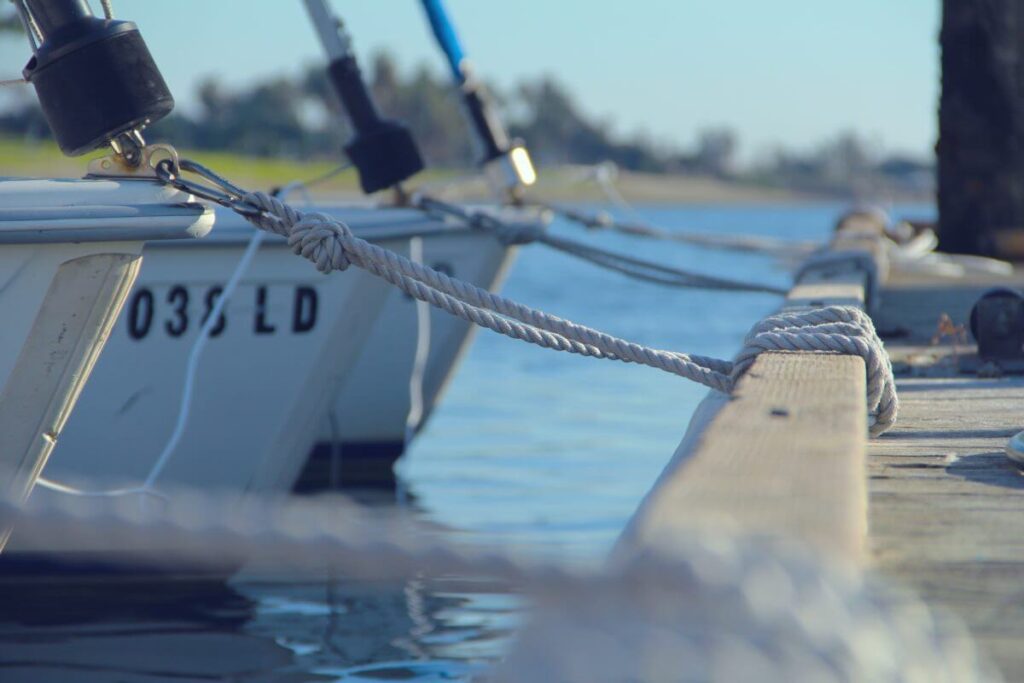With only half of 25-34 year olds on the property ladder now compared with in 1996, and the number of young people owning outright trumping those with a mortgage (Sesame Street Explanation: only those with the wealthiest parents can buy), many people are looking for housing alternatives. I have spent the past 18 months exploring shared ownership, but there is another popular choice for those without the silver spoons seemingly required nowadays: the houseboat. My friend Mark has recently made the move to waters new, so I asked him a few questions:
What made you decide to live on a houseboat?
My partner (a PhD student) and I (an actor) wanted to live together. At the time, we were living at opposite ends of London – she was in a house share in Kensal Green and I was living in Dulwich! House prices are crazy here and we didn’t fancy throwing away £700 a month each on a one-bed flat, so we started to explore cost effective ways of moving in together. There was something quite romantic about the idea of living on a houseboat; living simply, being surrounded by nature, and bobbing up and down the canal.
How much did you buy the boat for?
The boat cost £20,000 – which we had thanks to my partner’s grandparents. Boat prices range from £5,000 to over £100,000, but £15,000 would probably buy you a decent boat. You can get mortgages for boats but they are pricey. I should also add that you can pay extra to have a permanent mooring (if you can find one); In London these range from about £300 to £500 a month. If you’re buying a boat that already comes with a mooring, that increases the price by about £20,000.
How much does it cost per month?
Very little. You pay for a license to be on the canal, which starts at about £500 a year. Other than that, there’s a minimal amount you need to pay for petrol for the engine and gas for the oven, roughly £20 a month. Every three years you have to get the boat out of the water and replace the anodes and black the hull (so it doesn’t corrode) – that costs about £300, I think, although we haven’t done it yet. It’s good to put some money aside for general maintenance, too. That’s about it! It’s amazing not to have to worry about finding huge amounts of money for rent each month!
What is the best thing about living on a houseboat?
The best thing is being surrounded by nature. We have a number of friendly herons that hang around quite often (Mr Heron, Heron Brockovich, and Heron Mirren are their names). In spring, all the ducklings hatch and you see them grow up. Since living on the houseboat, I definitely notice the change of the seasons more.
What is the worst thing about living on a houseboat?
The worst thing is that boats can go wrong and you’ll have no idea why! It can be a steep learning curve and can take up a lot of your time. All boats are unique; there doesn’t seem to be any two models that are the same as they have taken in the quirks of previous owners who all too often think they are better at DIY than they are. All this is lovely for individuality, but a pain for repairing. I’ve lived in my boat for a year now and there are some buttons that I have no idea what they do.
Also, if you don’t have a permanent mooring, you have to move on every two weeks, so it takes a bit of time to work out where the facilities are, where the tube is, and where is nice to moor. It’s no fun running out of water first thing in the morning and being a long way from a tap!
How has your life changed since the move?
Mainly, buying a boat has given me more time. As I don’t need to spend so much of it chasing money, I can invest more time and money into my theatre company. We’re currently building a spaceship as a set for our new show ‘Space Play’ which will be at the VAULT festival in January. Not paying rent has meant that I can pay for somewhere to build it and pay people to build it, too. There is no way I could afford even the initial investment whilst still paying rent. Also, bobbing along on the river is a great place to think, dream, and create.












